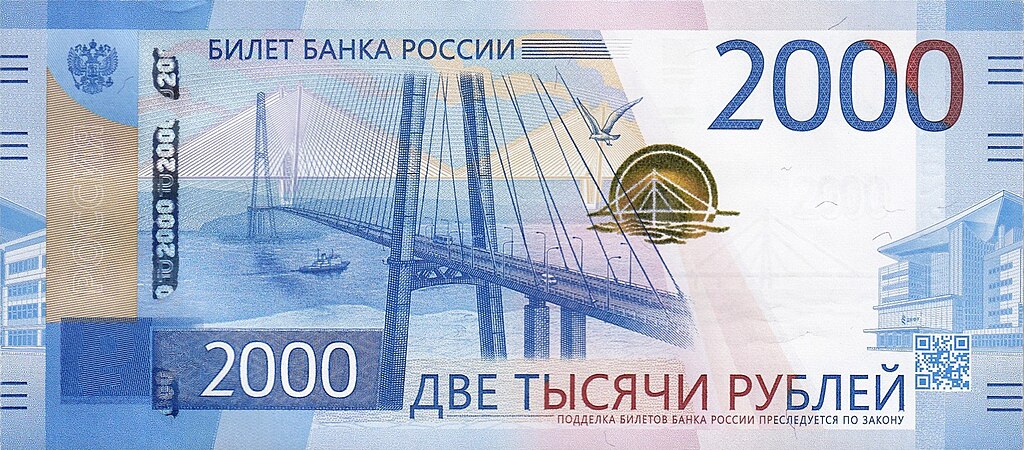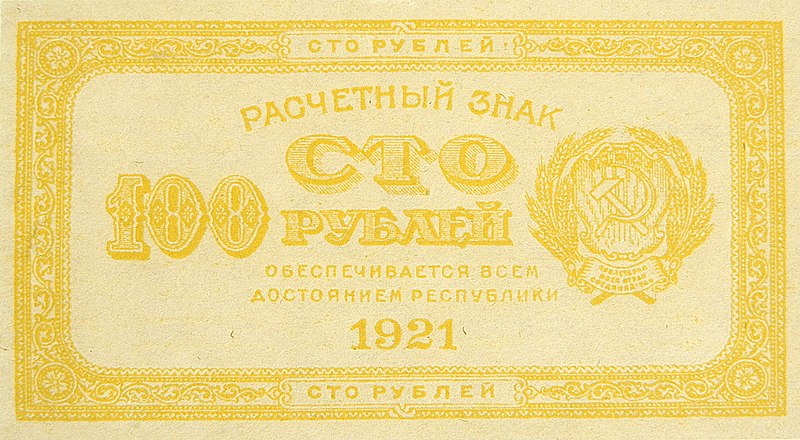
On 24 September 2020 from 4pm to 6:30pm, Thammasat University students are cordially invited to attend an online panel discussion on Thailand after the Lockdown II: The Financial and Economic Outlook. The event will be presented on Facebook by the Asian Governance Foundation (AGF), German-Southeast Asian Center of Excellence for Public Policy and Good Governance (CPG) at the Faculty of Law, Thammasat University, and the Hanns Seidel Foundation.
The Thammasat University Library owns a number of books about Coronavirus Disease 2019 (COVID-19) and an extensive collection of books about health-related economics, to offer insight for preparing for the seminar and possible further academic research and thesis projects that may be inspired by it.
As the CPG website notes,
The corona pandemic has already had a substantial impact on the global economy. As of now, the third and fourth quarter of 2020 are unlikely to show any significant turnaround. Thailand’s economy has taken a major hit from the fact that international tourism has come to a grinding halt. In response to the economic pressure on hundreds of thousands of Thai people, the House of Representative has approved monetary support for individuals and businesses of record proportions.
This online event looks at the crisis’ financial and economic impact that has already occurred, and that experts expect for the latter half of the year. Sector-specific stocktaking shall be combined and contrasted with regional and global developments that may have an impact on the Thai economy. In addition, policy recommendations to enable a speedy recovery while observing aspects of sustainability shall be discussed.
As roughly 20% of the Thai economy either directly or indirectly relies on revenues from international and domestic tourism, the slow recovery of this sector is expected to be the main obstacle in the way toward a rebounding economy. This begs the question whether Thailand’s economic model has been over-reliant on tourism and what adjustments may need to be made. In addition, tourism-related industries provide many low-paid jobs so that, in times of crisis, a significant number of employees lack social safety nets to overcome work shortages.
The Covid-19 crisis has therefore thrown Thailand’s economic inequalities into sharp relief. While urban middle and upper classes have been coping rather well with the sudden economic downturn, millions of less well-off Thai people applied for temporary government subsidies. Hundreds of thousands throughout the country needed to rely on daily free food distributions in their neighbourhoods. Will this crisis give new vigour to the discussion about more equal participation in Thailand’s economic output? Are political actors going to raise the redistribution of wealth between urban and rural areas more decisively than before?
The prospect of an orientation shift in Thailand’s post-corona economy may also be a chance for adopting more sustainable economic models. Significant investments in education and innovation may produce long-term benefits for the country as a whole, though it remains uncertain whether policies that may be successful in the long run are likely to be adopted at a time of acute crisis. But which business sectors are the most promising for Thailand’s post-COVID economy? Rethinking the Thai economy, will that also include a turn toward higher levels of environmental and energy sustainability?
From a regional perspective, the ten ASEAN countries have each been managing the crisis’ economic fallout on their own. The absence of joint safety measures such as regional grant or loan programs could prove to be a significant disadvantage when compared with other world regions, Europe in particular. As post-1997 expectations have largely remained unachieved, the current crisis appears to be an opportunity to further upgrade regional cooperation not only in economic terms but also regarding ASEAN’s potential for crisis intervention. Will Covid-19 bring ASEAN closer together, or will rising nationalism lead to more isolation? And finally, will China be able to seize the opportunity to expand its economic foothold in the region?
The event shall discuss these and related questions with a view to current and expected economic developments in Thailand and beyond. Nonetheless, the real on-the-ground impacts of the crisis shall be part of the debate as well.

Panelists for the event will include Assistant Professor Jessica Vechbanyongratana, Ph.D., of the Faculty of Economics, Chulalongkorn University, and the Collaborating Centre for Labour Research, Chulalongkorn University (CU-ColLaR); Kobsidthi Silpachai, Head of Capital Markets Research, Kasikorn Bank; Dr. Pisit Puapan, Executive Director of the Macroeconomic Policy Bureau, Fiscal Policy Office, Ministry of Finance; and Theerat Attanavanich, Adviser on the Bond Market, Public Debt Management Office, Ministry of Finance.
The moderator will be Assistant Professor Nessara Sukpanich, Ph.D., of the Faculty of Economics, Thammasat University.
The TU Library collection includes a book in Thai language co-authored by Ajarn Nessara.
It is shelved in the General Stacks of the Puey Ungphakorn Library, Faculty of Economics, Tha Prachan campus.
Recovery concerns
As the Thai and international media have observed, recovering from the COVID-19 will require imaginative thinking.
Bloomberg News stated in July:
Gross domestic product is forecast to contract 8.1% this year, according to the Bank of Thailand. That’s worse than official forecasts for any of the main economies across Asia, and would be the country’s biggest GDP decline ever, surpassing even its plunge during the Asian financial crisis two decades ago.
“Thailand has large exposure as a tourism hub, close to 15% of GDP, and it also has large exposure of the export-oriented sector,” said Kiatipong Ariyapruchya, senior economist for Thailand at the World Bank. “Hence the large shock to GDP.”
Analysts surveyed by Bloomberg predict the kingdom’s economy will contract more than others in Southeast Asia, at 6%, and with a weaker rebound in 2021 of 4%.
Here’s what’s weighing down the Thai economy:
The state of emergency, night-time curfew and business closings imposed across the country to fight the virus have crushed private consumption and investment, which were already on a modest downtrend last year. Purchases are expected to pick up as the lockdown restrictions are lifted and as government stimulus measures filter through to the economy, but investors could be slow to return given the gloomy prospects.
Thailand recorded no foreign tourist arrivals or receipts for a second straight month in May as the pandemic forced border closings. Annual tourist arrivals are forecast to drop to 8 million, just one-fifth of last year’s total.
Despite plans for travel bubbles with select countries, authorities are proceeding to open the country slowly and carefully. Efforts to kindle domestic tourism won’t offset the tremendous losses to this critical industry, which last year made up about one-fifth of the economy.
At first glance, exports appear to have held up relatively well this year, contracting for only two of the first five months of 2020.
As it turns out, distortions in one commodity have helped cushion the overall blow. Rising gold prices during the outbreak have led local investors to sell gold, boosting total exports. Excluding gold, total shipments have been hit hard by weak global demand and supply-chain disruptions…
Some solutions have been proposed by, among others, the Deloitte Southeast Asia (SEA) global consulting and management firm.

(All images courtesy of Wikimedia Commons)
